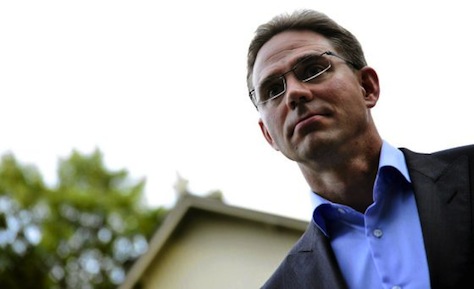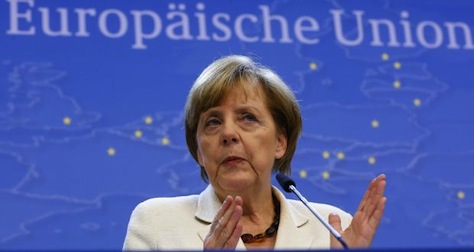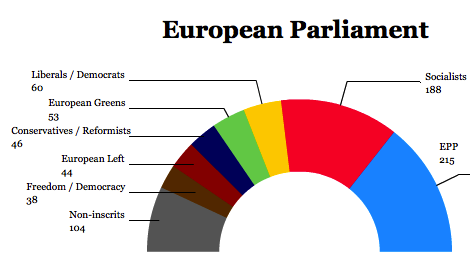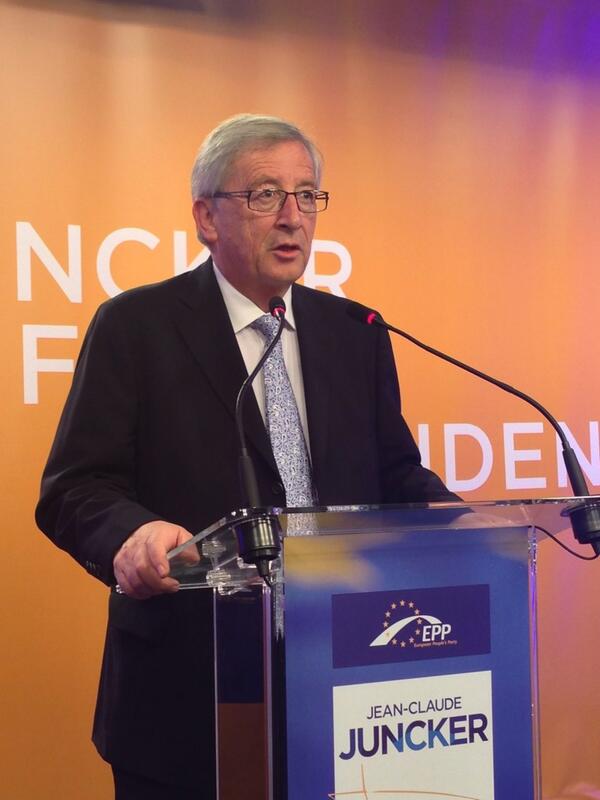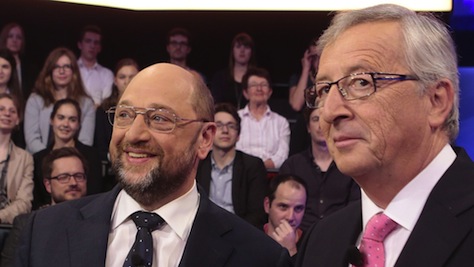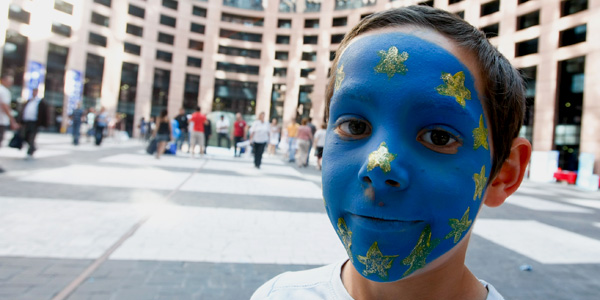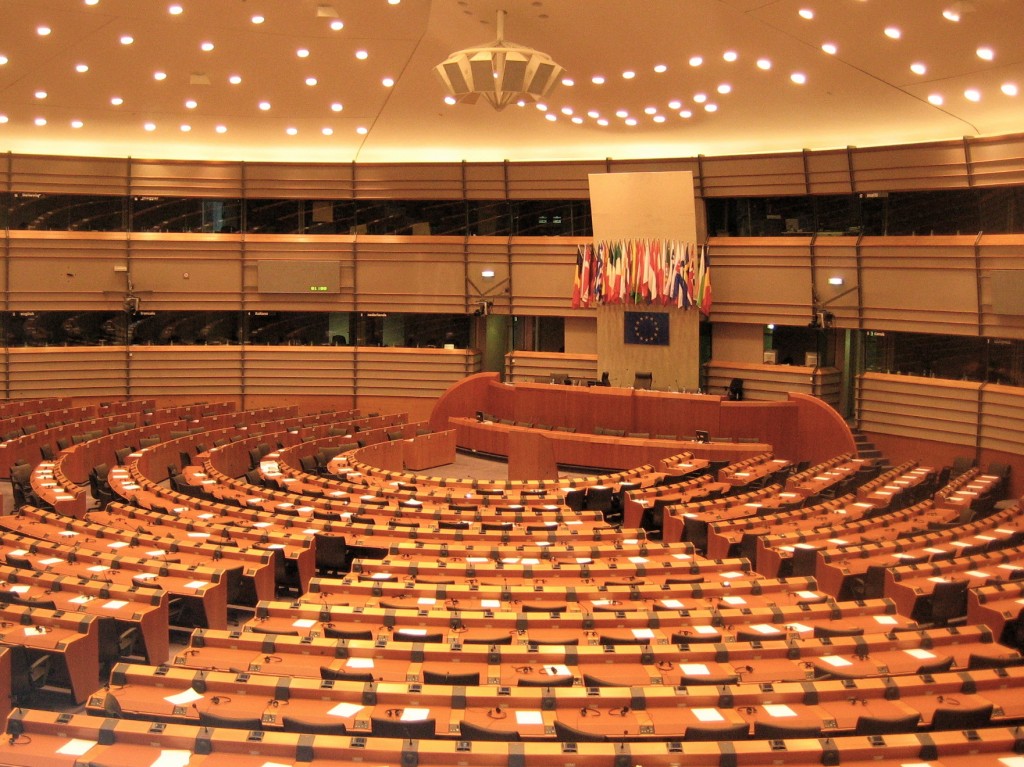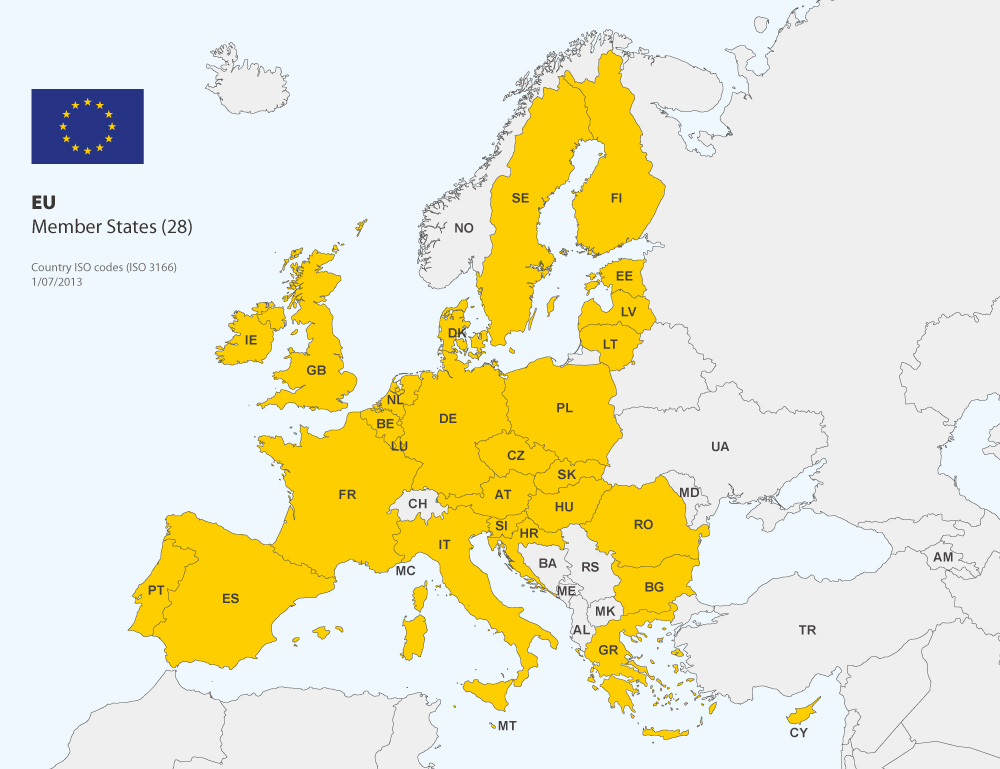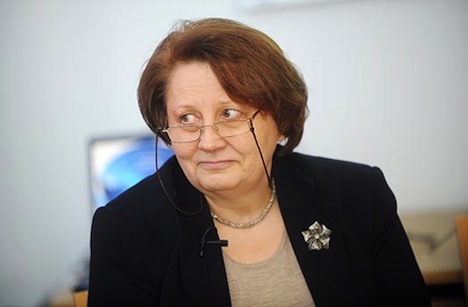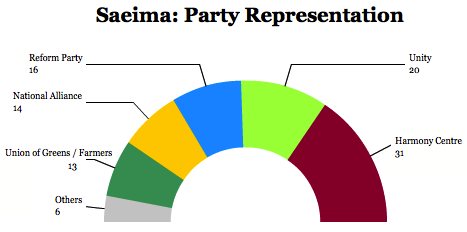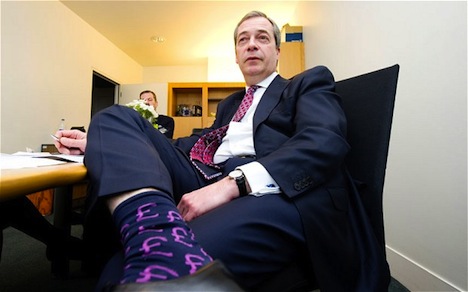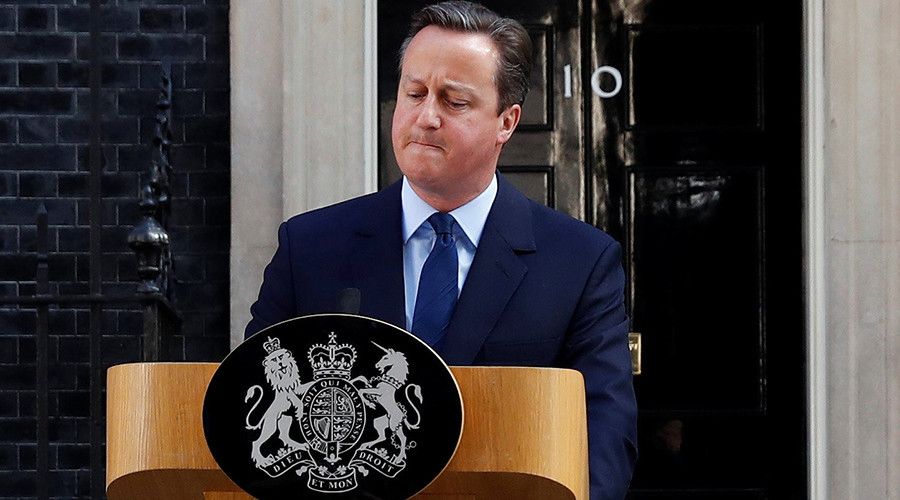
Normally, when a politician — especially a president or a prime minister — resigns, he or she is met with effusive praise.![]()
There’s the defeat. Then the stepping down. Then a deluge of pieces heralding the peaks as well as the valleys of the political career that’s just ended.
Not David Cameron, who stepped out of 10 Downing Street this morning to step down as British prime minister, a day after he narrowly lost a campaign to keep the United Kingdom inside the European Union. For Cameron, today’s political obituaries, so to speak, are absolutely brutal. The Independent called him the ‘worst prime minister in a hundred years.’
And that’s perhaps fair. He is, after all, the prime minister who managed to guide his country, accidentally, out of the European Union. His country (and, indeed all of Europe) now faces a period of massive uncertainty as a result.
The man who once hectored his party to stop ‘banging on about Europe’ has now been done in over Europe — just as the last two Conservative prime ministers, Margaret Thatcher and John Major.
He’ll leave behind a Scotland that wanted to stay inside the European Union by a margin of 62% to 38% and that will now have the moral and political capital to demand a fresh independence referendum to become an independent Scotland within the European Union. First minister Nicola Sturgeon, of course, knew this all along, and she wasted no time in making clear that a second vote is now her top priority.
He’ll also leave behind an awful mess as to the status of Northern Ireland, which also voted for Remain by a narrower margin. Its borders with the Republic of Ireland are now unclear, the republican Sinn Fein now wants a border poll on Irish unification and the Good Friday agreement that ended decades of sectarian violence might have to be amended.
He’ll leave behind an angry electorate in England, sharply divided by income, race, ethnicity and culture — if the divide between England Scotland looks insurmountable, so does the divide between London and the rest of England. Despite the warning signs, and the rise of Nigel Farage’s United Kingdom Independence Party (UKIP), Cameron failed to provide English voters with the devolution of regional power that voters enjoyed in Wales, Scotland, Northern Ireland and even London.
Cameron showed, unlike Spanish prime minister Mariano Rajoy, he was willing to accede to the wishes of Scottish nationalists and give them a say in their own self-determination. Given the corrosive nature of the eurosceptic populism within his own party and in UKIP, it wasn’t unreasonable that Cameron would force them to ‘put up or shut up’ with the first in-out vote on EU membership since 1975, when the European Union was just the European Economic Community.
On every measure, Cameron leaves behind a country more broken and more polarized than the one he inherited from Gordon Brown in May 2010. Continue reading In defense of David Cameron


